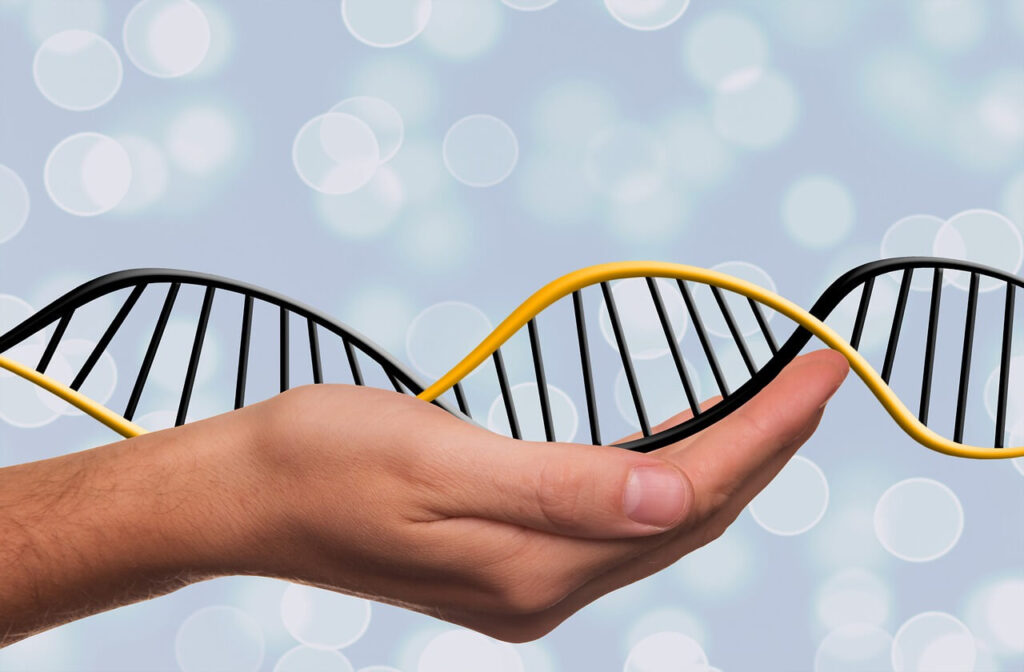If we were asked why genetics is so important in reproductive medicine? The answer would be very simple: because it helps reproductive medicine professionals and patients in every stage of the treatment, from the very first appointment to when the baby is born.
There is a genetic explanation behind almost 20% of fertility problems. During the first appointment with a fertility specialist, the patient is usually asked to undergo tests to find out whether there is a genetic factor that explains the problem suffered by a couple or not. One of them is Karyotyping, which enables us to study the chromosomes and their structure, to therefore detect chromosomal abnormalities that cause infertility. When it comes to women, these chromosomal disorders can lead to repeated miscarriages, ovarian failure or implantation failure, and with regard to men, serious alterations in the semen quality or infertility due to azoospermia. Other additional tests include the test for hereditary thrombophilia in women and the sperm FISH analysis, the Y chromosome microdeletion screening study and the sperm DNA fragmentation test in men.
Carrying out genetic tests also enables us to establish a diagnosis of the embryo before it is implanted into the mother’s uterus. Carrying out Preimplantation Genetic Testing for Aneuploidy (PGT-A) enables us to select the embryos that are not affected by chromosome abnormalities, while the Preimplantation Genetic Testing for monogenic diseases (PGT-M) enables us to identify embryos that are free of a certain inherited disease. Even for couples who do not have fertility problems, genetics helps them have a healthy baby. According to research, 2-3% of couples are at risk of having offspring that are affected by inherited diseases, which is why it is important to carry out tests that enable us to determine which parent is the carrier of a certain pathogenic mutation. So whenever the donation of gametes is required, basic screening will be carried out on the donor to make sure they are not a carrier of the same genetic variants. This procedure, which is called genetic pairing or matching, reduces the risk of passing on genetic disorders to descendants.
During pregnancy, the non-invasive prenatal test (NIPT) that can be carried out from tenth week of pregnancy, enables us to study the fetal genetic material present in maternal blood, to determine whether there is a high risk of the fetus having Down Syndrome, Edwards Syndrome or Patau Syndrome, among others.
Whenever any genetic test is carried out at the international UR group clinics, genetic advice is always supplied by the professionals of the Genetics Unit at Vistahermosa. They provide the families affected by a genetic disorder or who might be at risk of having one with information, so that they can take informed decisions about the treatment that is going to be administered thereafter.




